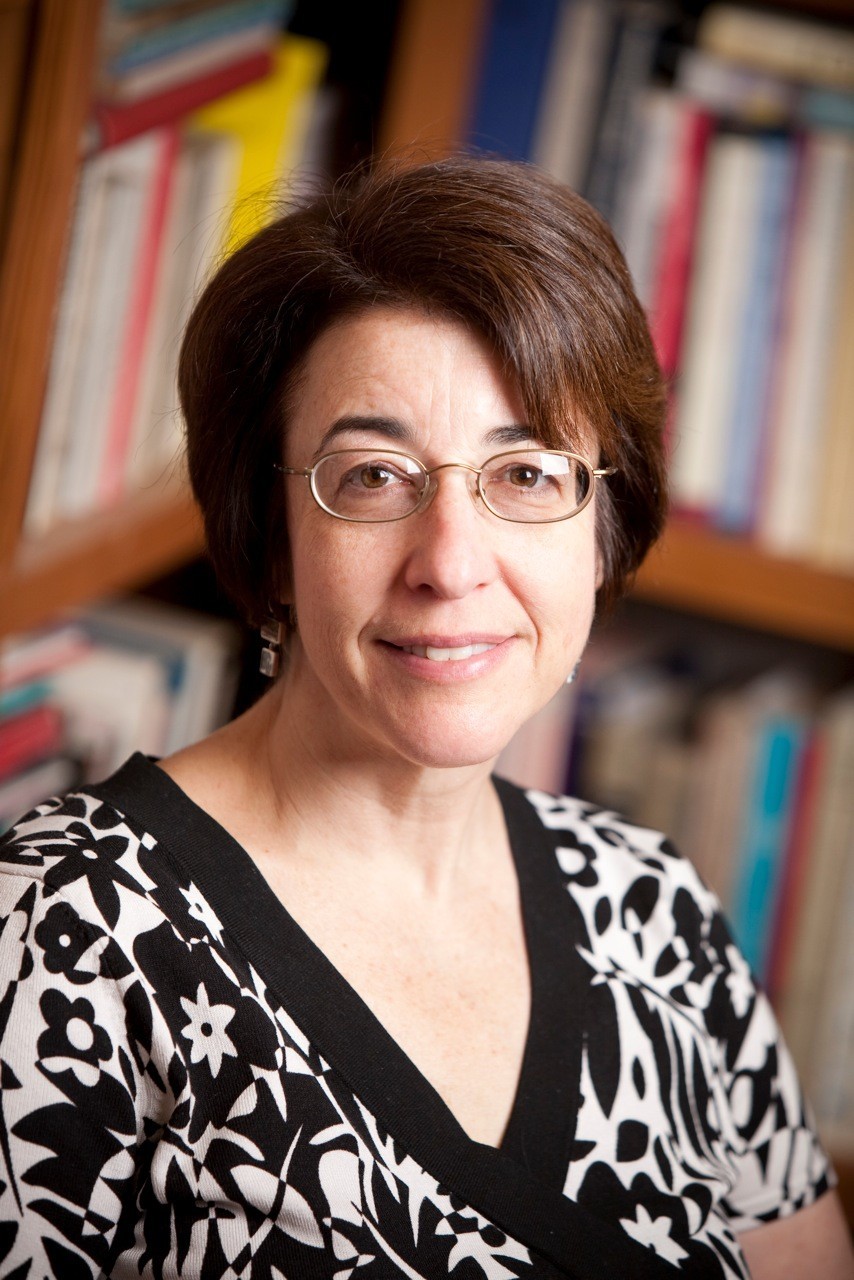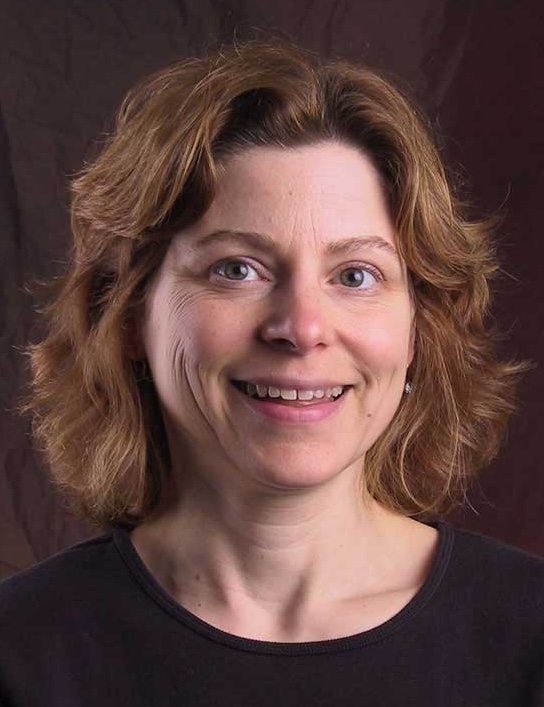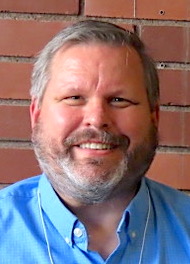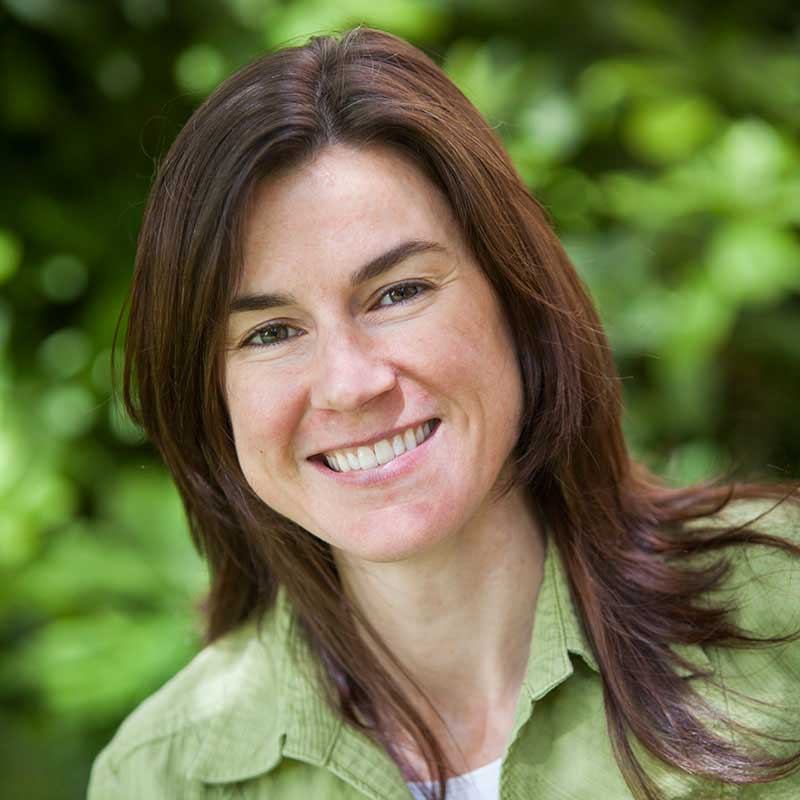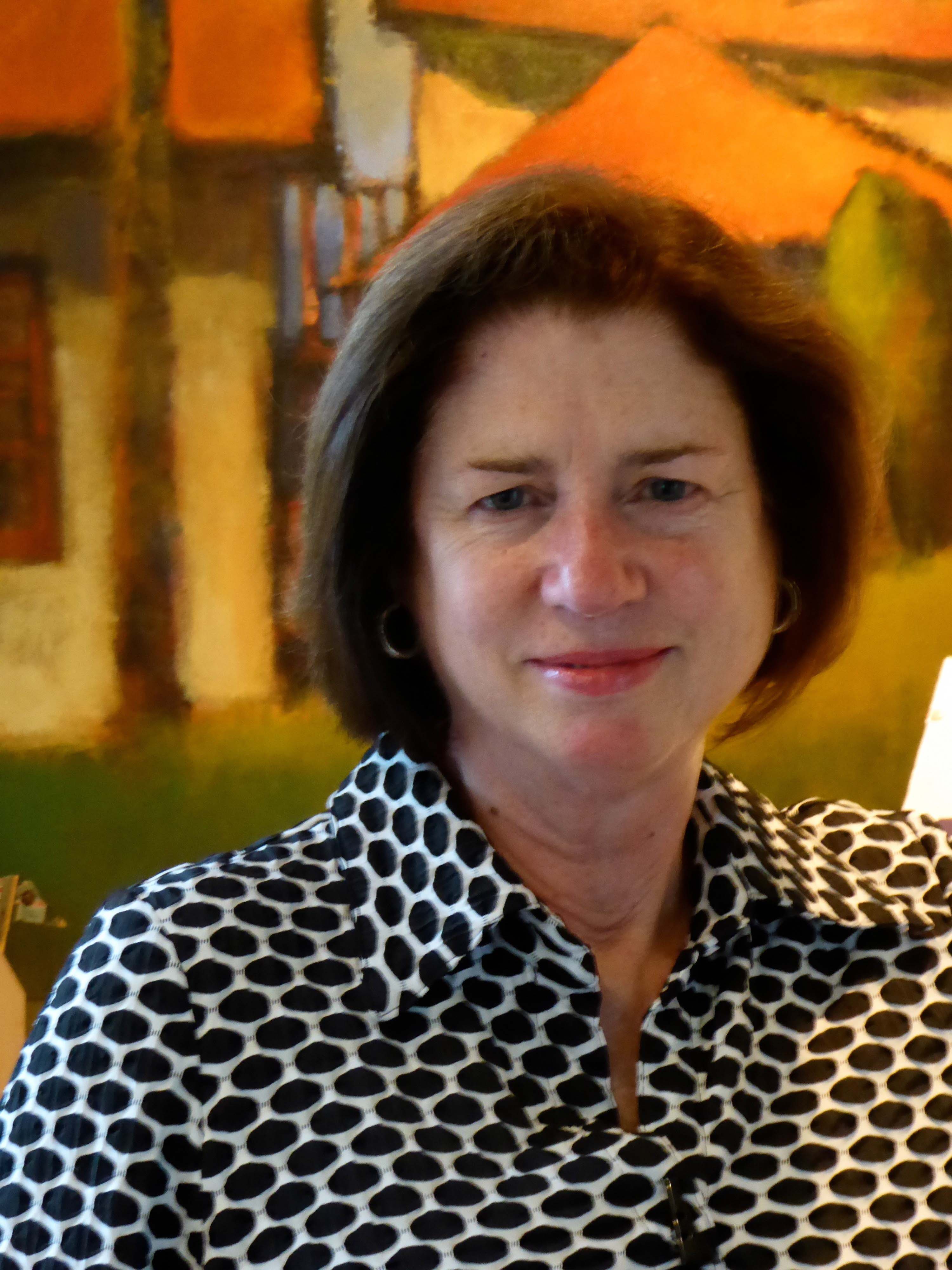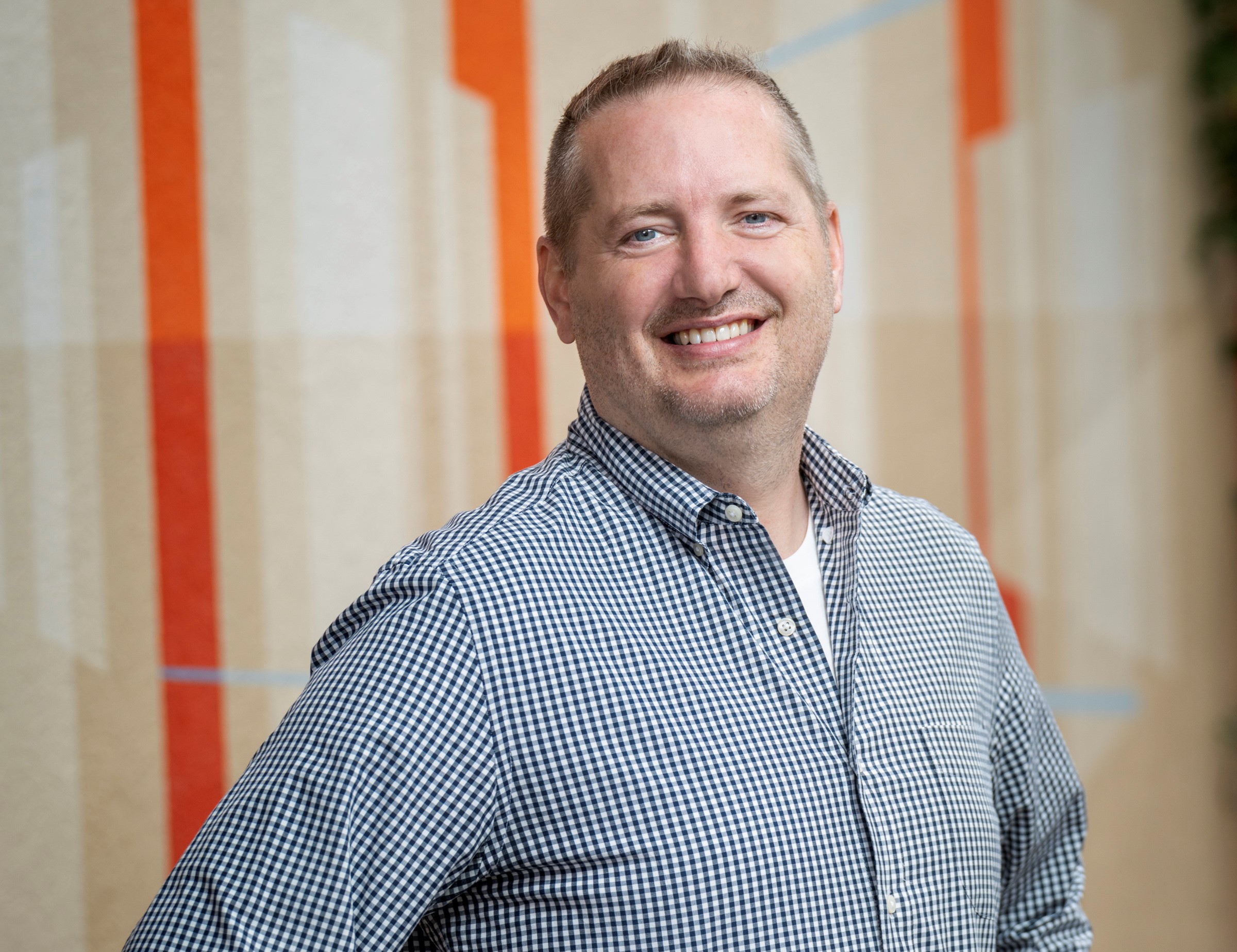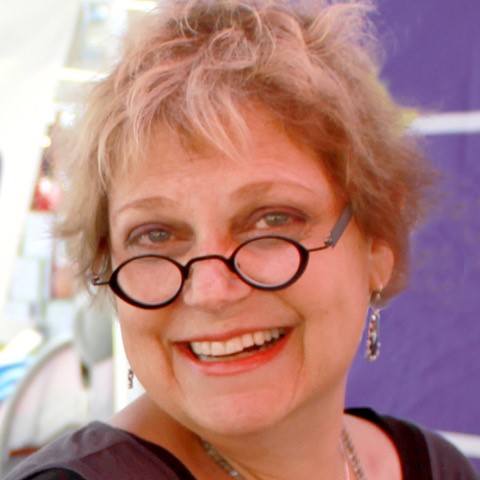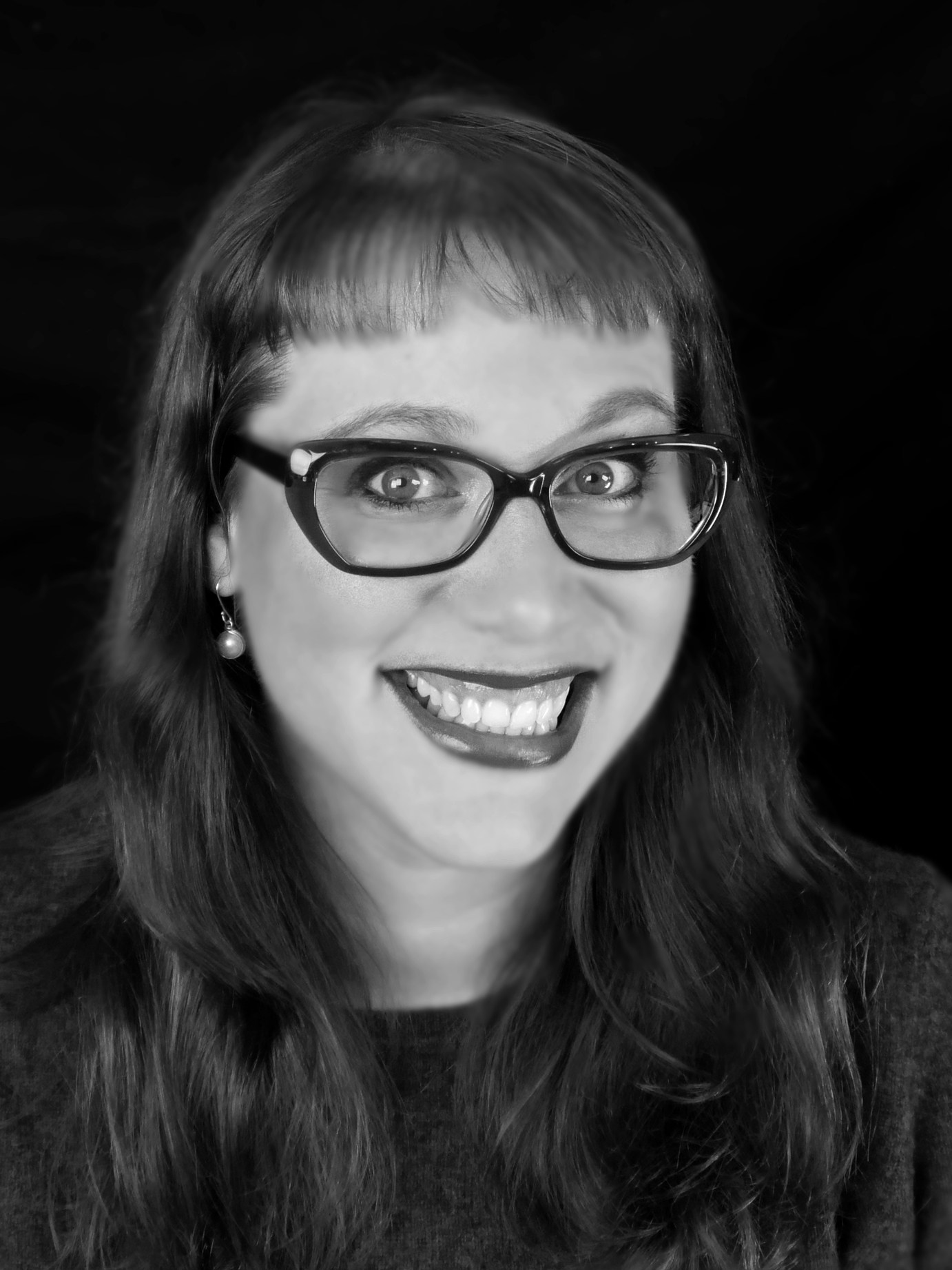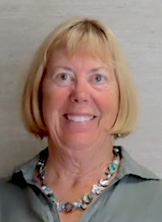Thursday, February 1
| 10:00 am-11:00 am | "You are Here: (Re) Mapping Willamette's Place," Ellen Eisenberg, Jennifer Jopp [Dave MacMillan], Kaneko Auditorium
Ellen Eisenberg holds the Dwight and Margaret Lear chair in American History at Willamette University, where she teaches courses on the history of the U.S. since the Civil War, with an emphasis on immigration, ethnicity and race, particularly in the West. This year, she has developed several new courses in which she partners with local historical institutions as they work to diversify the stories that they tell. Dr. Jennifer Jopp earned her Ph.D. at Binghamton University. At Willamette University, where she has taught for over 30 years, her courses include Colonial Latin America, American Legal History, What is a Just Society?, and Comparative Revolutions. She is the current Director of Willamette's Writing Center. |
| 11:00 am-12:00 pm | "Victory Academy: A Labor of Love ," Tricia Hasbrook and Thea Schreiber [Brenda Kidder], Kaneko Auditorium 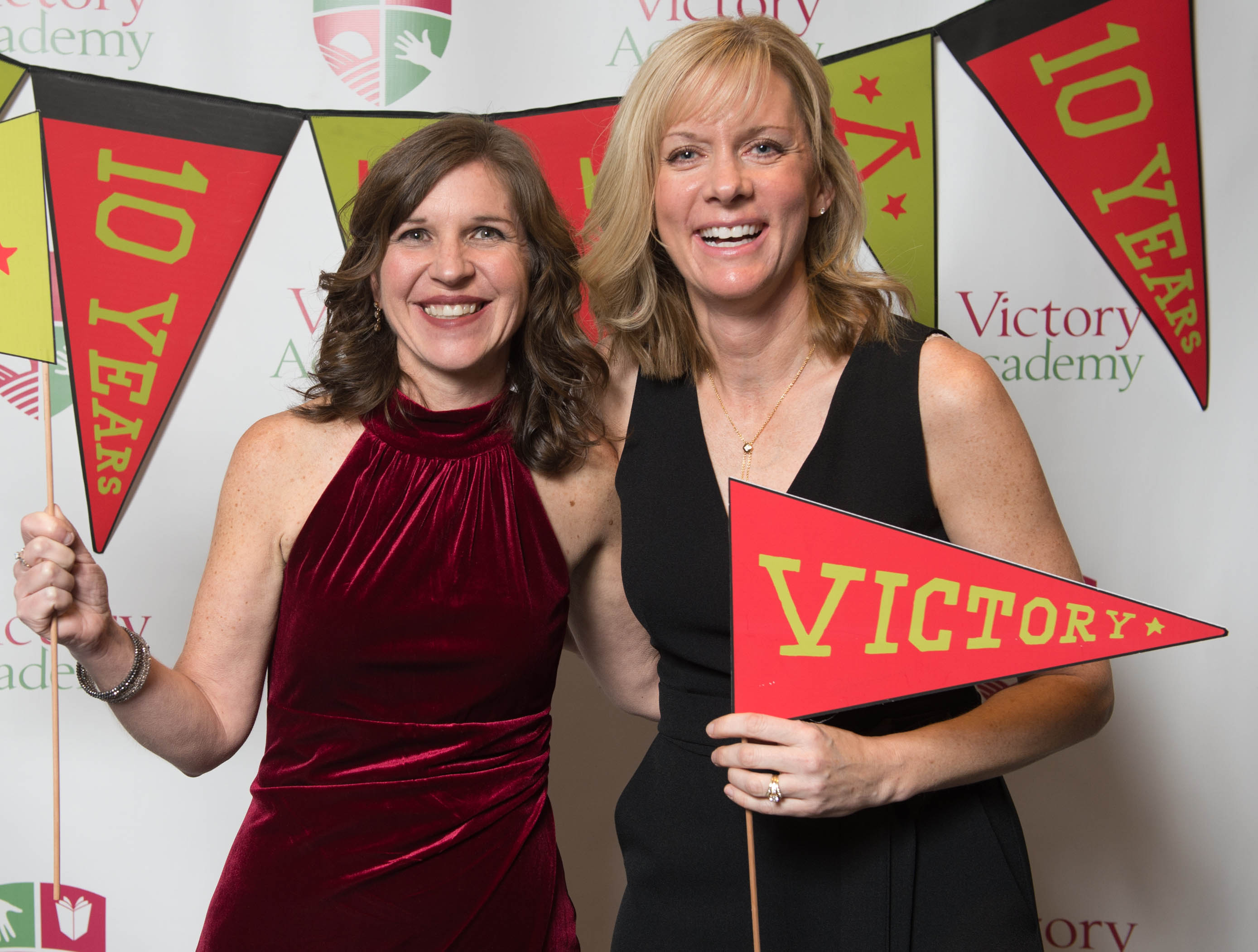 Victory Academy (Victory) is Oregon’s only year-round, private school dedicated to serving children, teens, and young adults with Autism and related learning differences. Celebrating its fifteenth year, Victory’s Founders and Directors are pleased to share about the birth and growth of Victory, best practices for supporting this special population of learners, and other related, thought-provoking information.
Victory Academy (Victory) is Oregon’s only year-round, private school dedicated to serving children, teens, and young adults with Autism and related learning differences. Celebrating its fifteenth year, Victory’s Founders and Directors are pleased to share about the birth and growth of Victory, best practices for supporting this special population of learners, and other related, thought-provoking information. Tricia Hasbrook is proud to have played a part in Victory's creation (2008) and opening (2009). For the past 15 years, Tricia has actively participated in Victory's daily operations and overall development; she feels privileged to support the well-being of Victory's greater community (students, staff, families, partners, and supporters). Thea Schreiber has dedicated her heart and mind to Victory over the last 15 years. Alongside Tricia, Thea spends her days leading Victory, reinforcing current work, and imagining next steps. |
Tuesday, February 6
| 10:00 am-12:00 pm | "A Crash Course on the Climate Emergency," John Kaufmann [John Kaufmann], Kaneko Auditorium 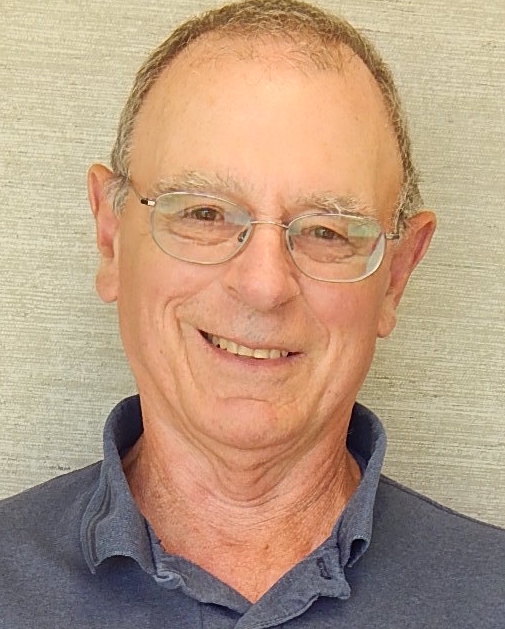 What does the science say? What is the evidence? What are the prospects? What can we do? A deep dive into climate change, simplified.
What does the science say? What is the evidence? What are the prospects? What can we do? A deep dive into climate change, simplified.John worked for 35 years in renewable energy, energy efficiency, energy policy, and climate change, with the Oregon Dept. of Energy, Pacific Northwest National Laboratory, Scientists' Institute for Public Information, and Post-Carbon Institute. John Kaufmann joined ICL August 2023. |
| 1:00 pm-3:00 pm | "New Discoveries About Ancient Greece," Mark Blackburn [ICL], Kaneko Auditorium
The Antikythera Mechanism - ICL member since 2022. |
Thursday, February 8
| 10:00 am-12:00 pm | "Film Presentation: An Oregon Story – Saving Our Beaches, Farmland, and More," Jim Gilbert and Joe Wilson [Brenda Kidder], Kaneko Auditorium 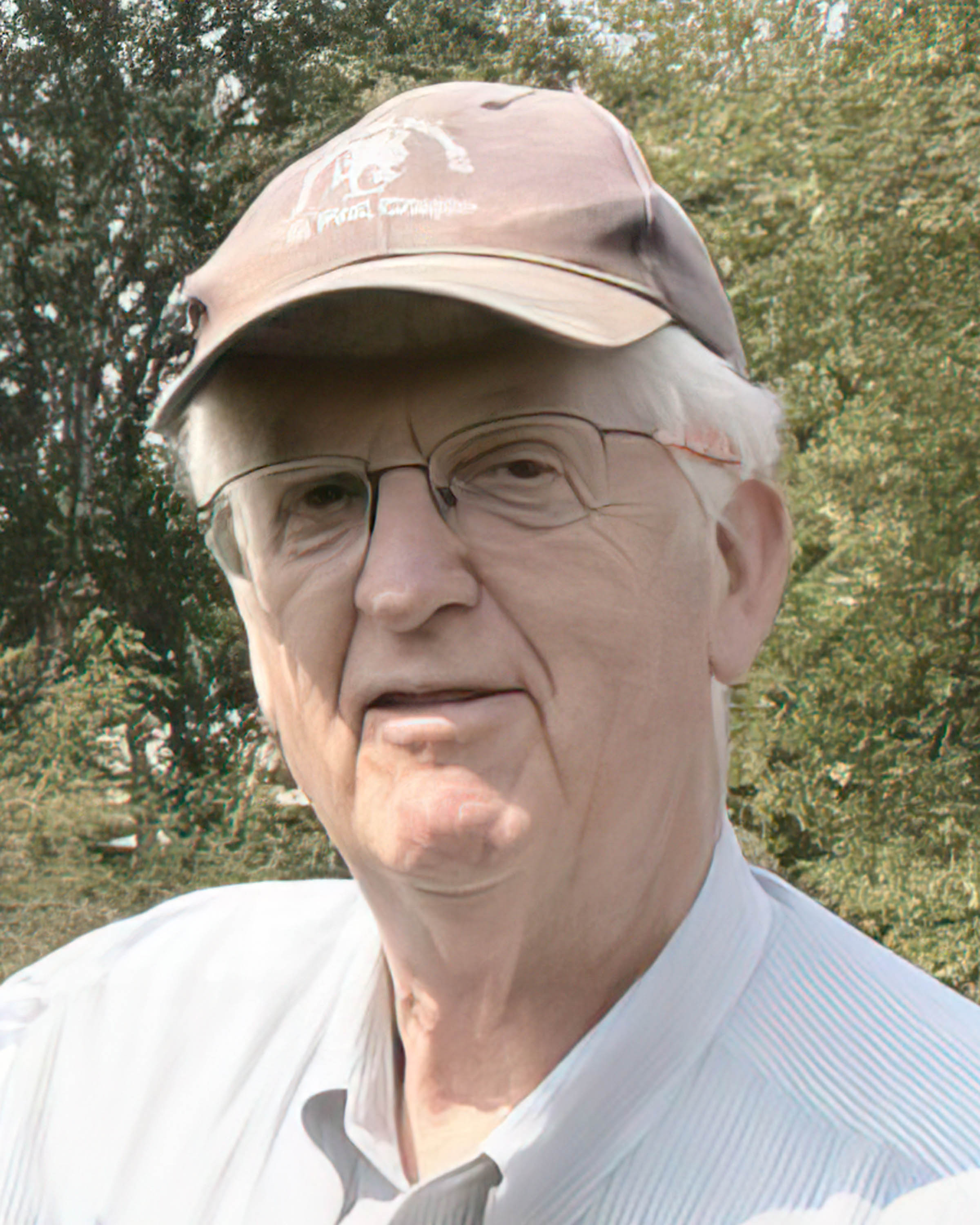 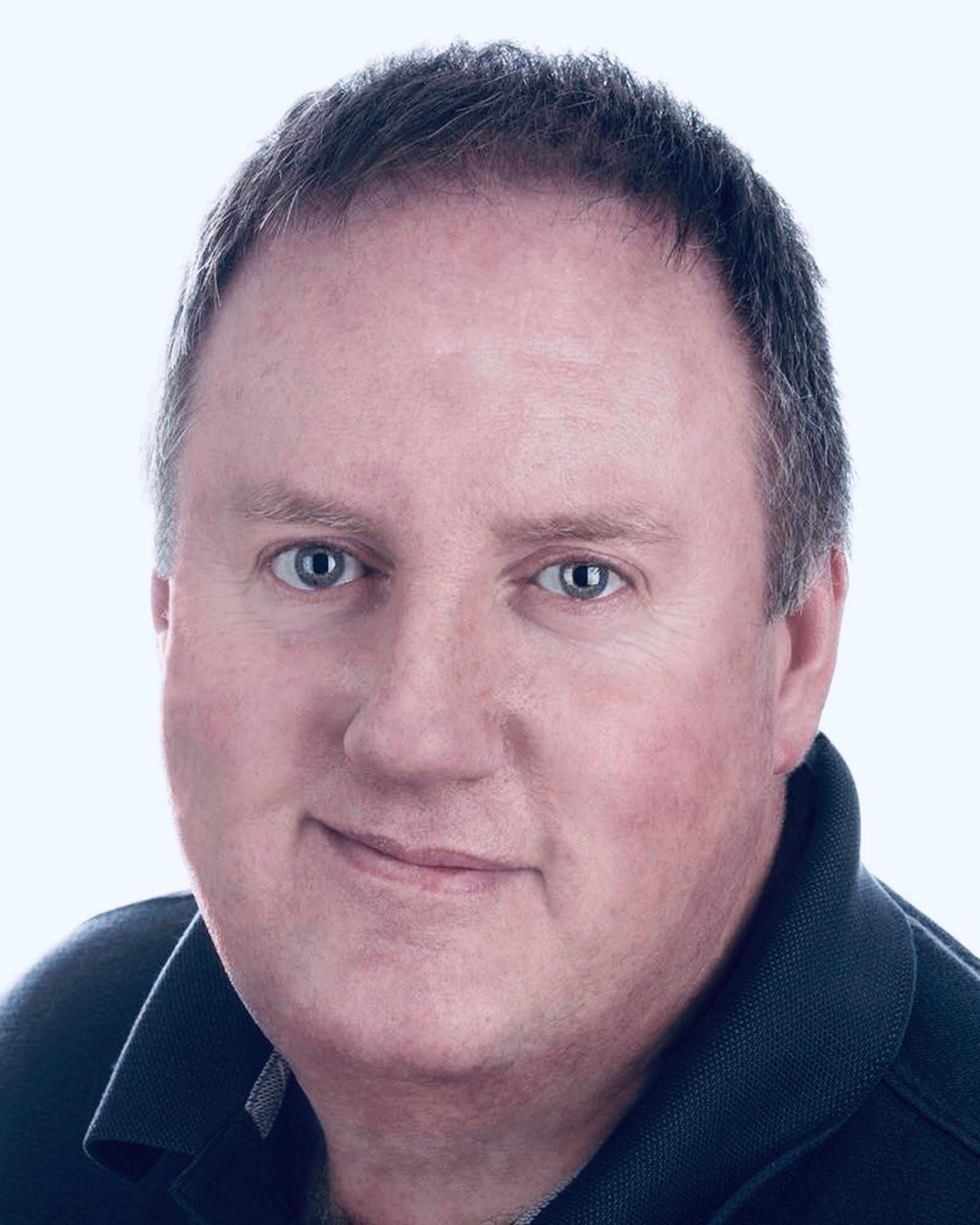 “An Oregon Story: Saving Our Beaches, Farmland & More" is an intimate exploration of Oregon's decades long history of innovative land-use planning and conservation practices. You’ll meet many of the farsighted and dedicated leaders, farmers and other individuals, who worked tirelessly to create and later defend our land-use planning program, which has protected Oregon’s fertile and productive farm and ranch lands, our beaches and iconic places from urban sprawl and other inappropriate development.
“An Oregon Story: Saving Our Beaches, Farmland & More" is an intimate exploration of Oregon's decades long history of innovative land-use planning and conservation practices. You’ll meet many of the farsighted and dedicated leaders, farmers and other individuals, who worked tirelessly to create and later defend our land-use planning program, which has protected Oregon’s fertile and productive farm and ranch lands, our beaches and iconic places from urban sprawl and other inappropriate development. This documentary is a testament to the spirit of Oregon and to the stewardship and determination of its many citizens, who have worked so hard to keep it a great place to live, work, recreate and farm. It showcases our shared values and our dedication to preserving and nurturing our land, honoring a heritage that dates back generations. Executive Producer of “An Oregon Story”, Jim Gilbert is a life-long Oregonian with deep roots in the state. He grew up in Portland and received a degree in Russian language from Portland State University. After a brief career fishing for salmon and tuna off the Oregon Coast, Jim founded Northwoods Nursery in 1979 in Hood River. In 1982, he moved the nursery to the Willamette Valley, where it has grown to 66 acres in size. From childhood, Jim has loved exploring Oregon and early on became a fan of Oregon’s unique history of conservation efforts. After moving to the Willamette Valley, he became aware of Oregon’s land-use planning program and became the chair of his local Community Planning Organization. He helped defeat a proposed gravel mine on 60 acres of nearby farmland and then, in 2005, became involved in the successful efforts to blunt the effects of Measure 37, the most serious threat to Oregon’s farmland since the land use planning program was created in 1973. Since then Jim has served on the board of 1000 Friends of Oregon and was chair of its Farmer Advisory Committee. He is currently President of Ag for Oregon, a diverse group of Oregon farmers and ranchers who recognize the importance of Oregon’s unique land-use planning program to its agricultural industry. Joe Wilson, founder of Bergman Productions in Oregon and Idaho, is an award-winning commercial filmmaker and photographer renowned for his visual storytelling prowess. His professional filmmaking journey began over a decade ago, leading to the establishment of Bergman Productions, a multimedia production company specializing in creating human connections through genuine stories that humanize brands |
Tuesday, February 13
| 10:00 am-11:00 am | "Logic and Religion," Ken Ash [Eric Reif], Kaneko Auditorium 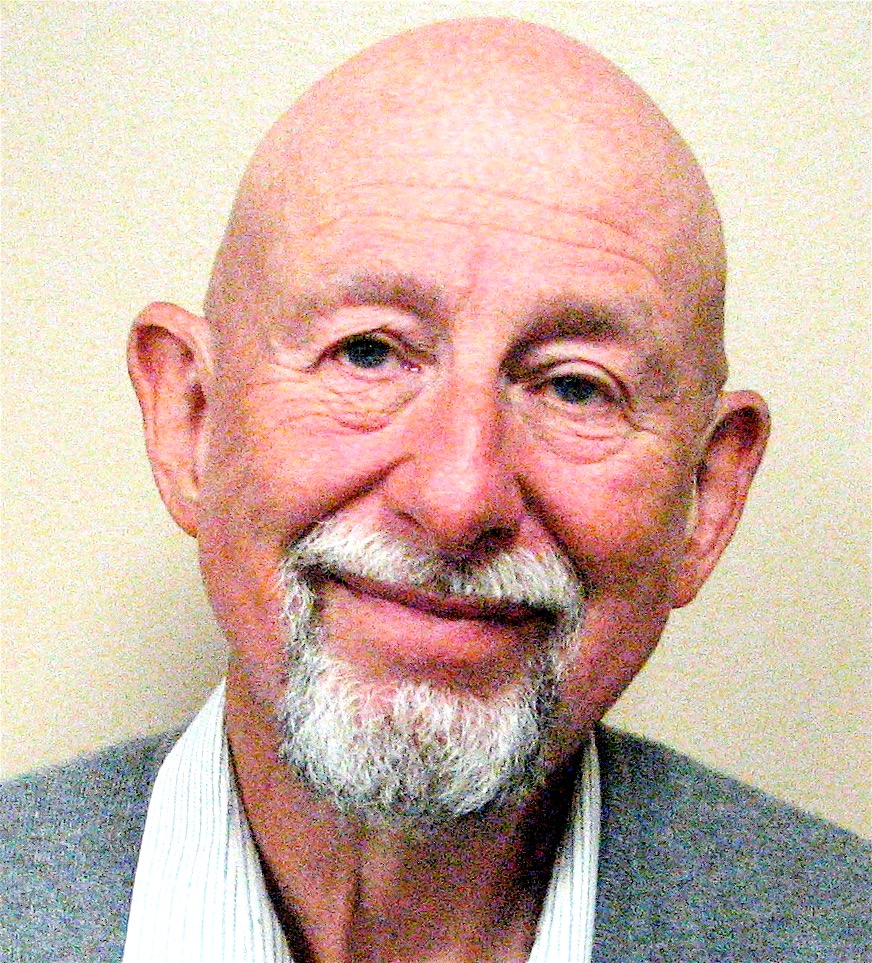 We will take a philosophical look at the intersection of faith and
We will take a philosophical look at the intersection of faith and logic, a corner best viewed through an open mind. While this talk is intended to neither denigrate nor support any particular belief system, some may find the subject objectionable and wish to avoid it. ICL member since 2012 |
| 11:00 am-12:00 pm | "The Day the Universe Changed," Bob Muir [Eric Reif], Kaneko Auditorium 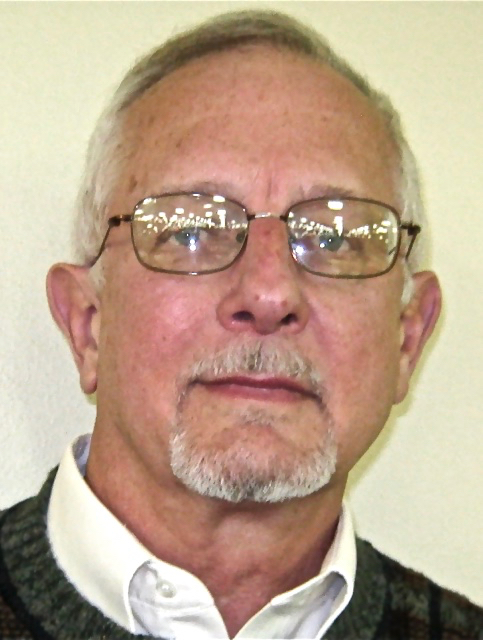 This is an episode of a British 1985 television series that was written and presented by science historian James Burke, on BBC1, who presented Connections. The series focuses on the effects that advances in science and technology have on society. The title refers to the philosophical idea that the universe essentially only exists as one perceives it through what one knows. Therefore, if one changes one's perception of the universe with new knowledge, one's universe is changed. In this final episode, Burke presents his personal views concerning how “world views” shape and limit our understanding.
This is an episode of a British 1985 television series that was written and presented by science historian James Burke, on BBC1, who presented Connections. The series focuses on the effects that advances in science and technology have on society. The title refers to the philosophical idea that the universe essentially only exists as one perceives it through what one knows. Therefore, if one changes one's perception of the universe with new knowledge, one's universe is changed. In this final episode, Burke presents his personal views concerning how “world views” shape and limit our understanding.ICL member since 2013 |
| 1:00 pm-2:00 pm | "Building Bridges: Memorial Tribute Writing ," Maegan Parker Brooks [Dave MacMillan], Kaneko Auditorium 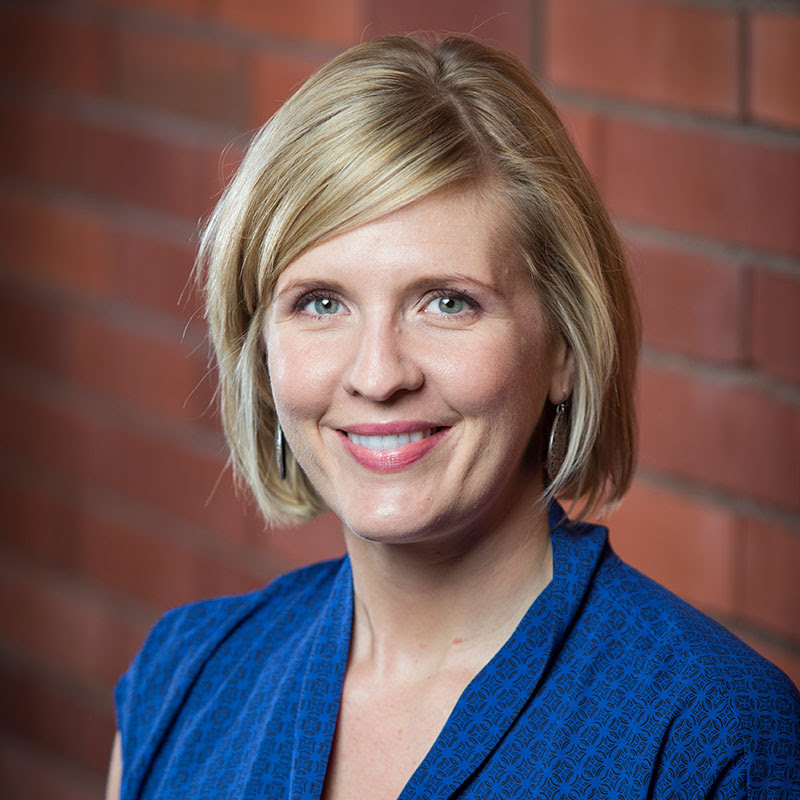 If you’re ever called upon to write an obituary, eulogy, social media post, or other memorial tribute for someone significant in your life who has died, this talk will be especially helpful to your composition process. I’ll provide you with what I wish I had when I was asked by my family to write tributes for my grandmother, father, and sister. My grieving mind craved clear insights and direction distilled from research in writing and communication.
If you’re ever called upon to write an obituary, eulogy, social media post, or other memorial tribute for someone significant in your life who has died, this talk will be especially helpful to your composition process. I’ll provide you with what I wish I had when I was asked by my family to write tributes for my grandmother, father, and sister. My grieving mind craved clear insights and direction distilled from research in writing and communication.I’ll also provide you with helpful suggestions gleaned from teaching college students how to compose an array of meaningful memorial tributes. Along the way, I will strongly suggest that there is comfort, meaning, and connective power in the actual process of creating memorial tributes. Even in our wondrous age when Chat GPT-powered AI can help generate an obituary or eulogy for your person in moments, I still strongly suggest that there is no substitute for the transformative process of shared storytelling. In this talk, we’ll focus on the specific guided communication practices of gathering the materials to create a meaningful tribute for your person, constructing the tribute itself, as well as testing and refining what you create. Maegan Parker Brooks, PhD, is an Associate Professor in the Civic Communication and Media Department where she teaches courses in Grief and Death Communication. Brooks is also a peer support facilitator at the Dougy Center, the National Center for Grieving Children and Families, and a co-founder (with Chaplain Adesanya) of Willamette’s Diversity of Loss peer grief support group. She is currently writing a personal development book entitled AFTER: Listening to Loss, which combines reflection on losses in her own life with her expertise in communication studies to provide guided communication practices for grievers. |
| 2:00–3:00 p.m. | "Grief Dialogues," Maegan Parker Brooks [Dave MacMillan], Kaneko Auditorium  Grief sharing through dialogue is helpful because it enables us to express and externalize our internal suffering. Sharing our grief stories with trusted others also helps us process difficult experiences. As we puzzle through our internal ruminations with another person, that support person serves as both a sounding board and someone who might hear healing insight in our own reflections that we do not yet recognize. Grief sharing also helps because dialogue holds the potential to deepen our relationships, strengthening our bonds in meaningful ways that stave off some of the loneliness we might otherwise feel as we grieve in a grief-avoidant culture.
Grief sharing through dialogue is helpful because it enables us to express and externalize our internal suffering. Sharing our grief stories with trusted others also helps us process difficult experiences. As we puzzle through our internal ruminations with another person, that support person serves as both a sounding board and someone who might hear healing insight in our own reflections that we do not yet recognize. Grief sharing also helps because dialogue holds the potential to deepen our relationships, strengthening our bonds in meaningful ways that stave off some of the loneliness we might otherwise feel as we grieve in a grief-avoidant culture.And yet, grief sharing can be risky. When sharing about our losses with insensitive or distracted listeners, we can actually end up feeling much worse than before we shared. This talk will explore how to advocate for yourself in dialogues about your grief by working through a series of privacy management considerations and anticipating difficult conversational encounters. Further, this talk will help you become a more attuned listener to the grief sharing of others. By teaching skills of emotionally responsive sensitivity and learning to eliminate common communication tendencies that shut down grief conversations, we can all become more compassionate listeners. See first hour bio |
Thursday, February 15
| 10:00 am-11:00 am | "Monitoring concussion recovery: Field tests for detecting ongoing movement deficits in collegiate student-athletes," Brandi Lazzarini [Mark Blackburn], Kaneko Auditorium
There are movement deficits that can persist in collegiate student-athletes following recovery from a sport-related concussion, and it is thought that these account for the increased rates of injury they experience when returning to sport following concussion. These subtle movement changes can be detected with laboratory-based measures, but current tests of function that are readily available within a sports medicine clinic do not detect these changes. |
| 11:00 am-12:00 pm | "Live to 100 - Secrets of the Blue Zones," Dominic Spedale [Self], Kaneko Auditorium 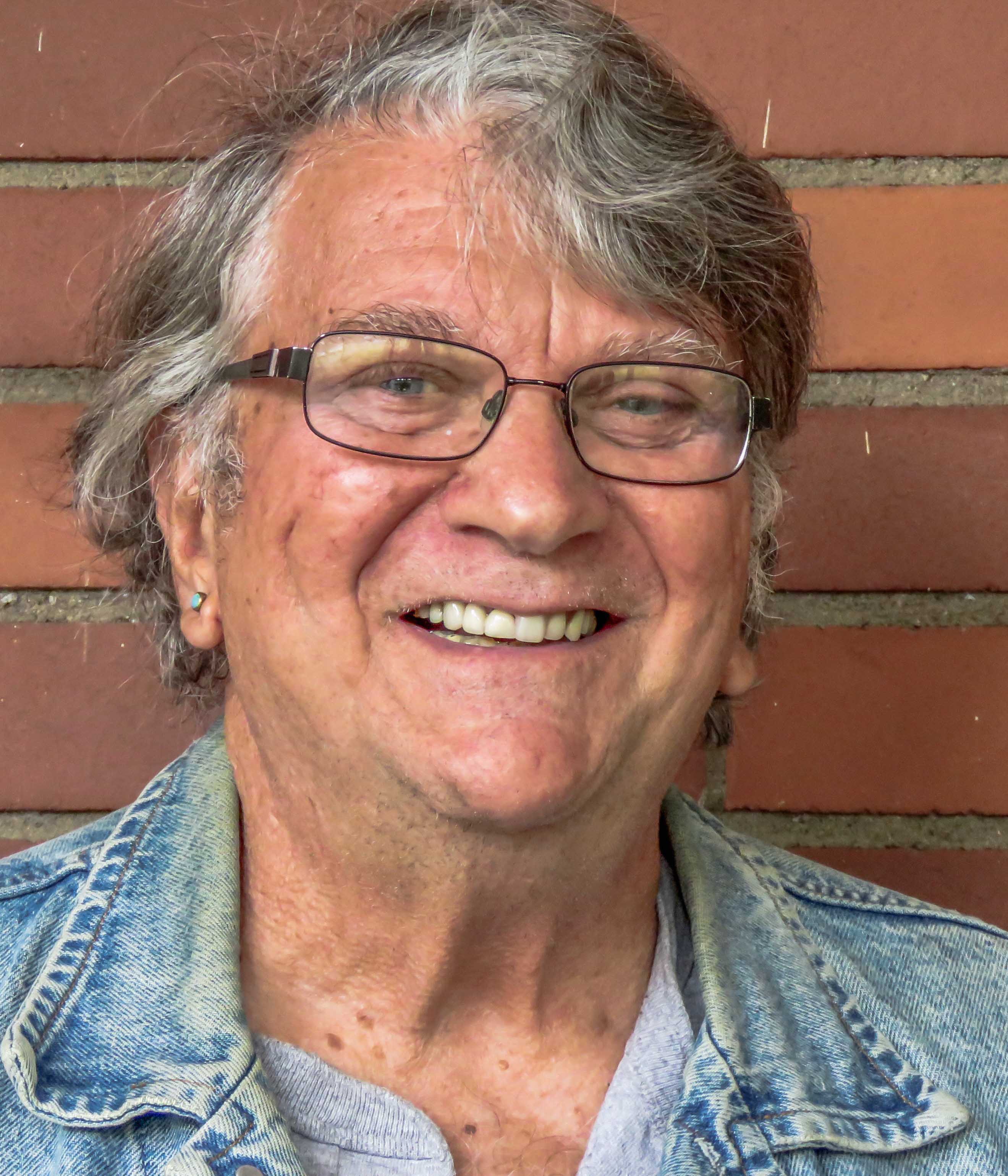 This is part of a series in which Author Dan Buettner travels the world to discover five unique communities where people live extraordinarily long and vibrant lives.
This is part of a series in which Author Dan Buettner travels the world to discover five unique communities where people live extraordinarily long and vibrant lives.Dominick Spedale joined ICL in 2015 |
Tuesday, February 20
| 10:00 am-12:00 pm | "The Salem Street Mural Project," Salem Street Mural Group [Brenda Kidder], Kaneko Auditorium
|
| 1:00 pm-3:00 pm | "A Personal Journey for Pedagogical Roots," Angela Willoughby [Solveig Holmquist], Kaneko Auditorium 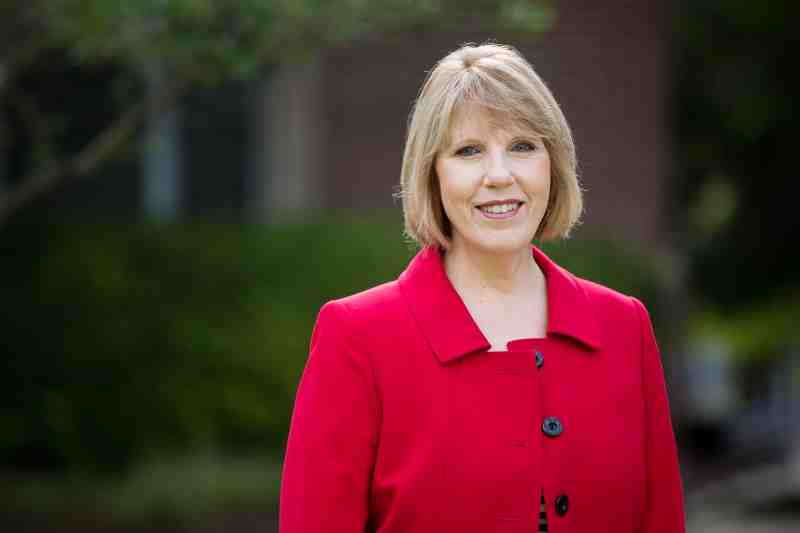 Musical study with one teacher for an extended time is often grounded in mentorship on some level. That relationship exists on a spectrum from limited to something that resembles family. Most older musicians can look back and pinpoint the teachers that have been a strong force in their music and their lives.
Musical study with one teacher for an extended time is often grounded in mentorship on some level. That relationship exists on a spectrum from limited to something that resembles family. Most older musicians can look back and pinpoint the teachers that have been a strong force in their music and their lives. A sabbatical study in 2006 to discover past teachers and their musical influences first revealed a clear path directly back to the 1700s. Angela Willoughby, a piano faculty member at Mississippi College in Clinton, Mississippi, traced her pedagogical roots back through seven generations of teachers that included Ernst von Dohnányi, Franz Liszt, Carl Czerny, and ultimately Ludwig van Beethoven. The sabbatical grew into a wider study of two of those musicians who maintained a life-long connection that spanned decades. Pianist, composer, and conductor Ernst von Dohnányi began teaching a young piano prodigy, Edward Kilenyi in New York City in 1921. Shortly thereafter, Kilenyi and his mother moved to Budapest for Eddy to study with Ernst von Dohnányi at the Liszt Academy of Music in Budapest. The events, musical and otherwise, that transpired before Dohnányi died included astounding musical careers, the upheaval of World War II, and finally the two of them teaching on the same music faculty at Florida State University. After performing a series of lecture recitals that included the complete collection of Dohnányi’s chamber music that included the piano, the end result of the sabbatical was a documentary, “Two Friends in Tallahassee.” The program will include a presentation of the documentary, followed by a brief period for discussion. Dr. Angela Willoughby retired in 2021 from Mississippi College where she taught piano, piano literature, graduate music history, and was Music Department Chair. She was previously on the music faculties of Belhaven University in Jackson, Mississippi, and Grambling State University in Grambling, Louisiana. For many years, she performed extensively as part of a clarinet and piano duo, Lyricas, with fellow faculty member, and clarinetist James Sclater. Active as a collaborative artist and church musician, she was most recently accompanist for The Mississippi Chorus in Jackson. She moved to Salem in August of 2022. |
Thursday, February 22
| 10:00 am-11:00 am | "Medical Mission Memories Bondeau Haiti," Judy Quenzel [Al Newnam], Kaneko Auditorium
|
| 11:00 am-12:00 pm | "Great Decisions, Video Lecture: Pandemic preparedness," Ann Lovejoy [Anita Owen/Mark Kendall], Kaneko Auditorium 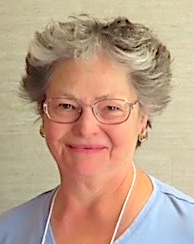 Looking back at the covid-19 pandemic, there are many lessons to take away in terms of domestic and international policies. Although this pandemic seems to have waned, how can we apply these lessons to future pandemics? Will countries cooperate, and will a consensus emerge on how to manage global health challenges? Looking back at the covid-19 pandemic, there are many lessons to take away in terms of domestic and international policies. Although this pandemic seems to have waned, how can we apply these lessons to future pandemics? Will countries cooperate, and will a consensus emerge on how to manage global health challenges?Ann Lovejoy spent the last 15 years of her work life leading Performance and Quality Improvement Initiatives in large health care systems. She held roles including Director of Quality and Patient Safety; Healthcare Improvement Consultant; and Lean Project Manager. Ann’s facilitation experience was gained via corporate Organizational Development and Performance Improvement roles for Fortune 100 companies. She also did LEAN master black belt training for the Air Force; served as a Sr. Malcom Baldrige Quality Award Examiner; and has certifications in Instructional Design; Society for Human Resource Management and ITIL. As a volunteer, she used Faith-in-Action approaches for Community building. Jargon aside – Ann believes in adult learning principles. We learn by doing. Ann also believes that groups are usually wiser and smarter than individuals. And groups usually generate better solutions for action. Ann Lovejoy became an ICL member in 2023. |
Tuesday, February 27
| 10:00 am-12:00 pm | "Three Towns That Disappeared on the Oregon Coast," Cameron La Follette [Ann Boss], Kaneko Auditorium 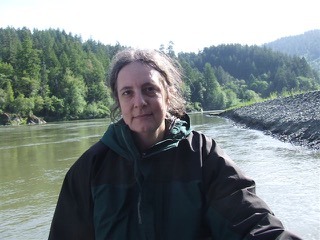 Bayocean Park, Yaquina City and Lakeport were all thriving towns on the Oregon coast in the early 20th century. But shortly thereafter, all three vanished without leaving a trace. What happened? All three positioned themselves poorly in the race for maritime commerce, the main way goods and people moved along the coast at that time. But they didn’t make the same flawed decision — each made unique, and even surprising, faulty choices. Cameron will share those decisions with us
Bayocean Park, Yaquina City and Lakeport were all thriving towns on the Oregon coast in the early 20th century. But shortly thereafter, all three vanished without leaving a trace. What happened? All three positioned themselves poorly in the race for maritime commerce, the main way goods and people moved along the coast at that time. But they didn’t make the same flawed decision — each made unique, and even surprising, faulty choices. Cameron will share those decisions with usCameron La Follette is a historian of the Northwest coast, focusing on land use history, exploration and shipwrecks, and early commercial natural resource extraction. She is also executive director of Oregon Coast Alliance, a coastal conservation and land use protection organization. She was the lead researcher and author of all the history articles in the 2018 Oregon Historical Quarterly special issue investigating the 17th-century Spanish galleon shipwreck on the Oregon coast. She has additionally lead-authored two recent books on sustainability and ecological governance. |
| 1:00 pm-3:00 pm | "Integrating Native Wisdom with Western Science," Rose Highbear [Tom Ellis], Kaneko Auditorium 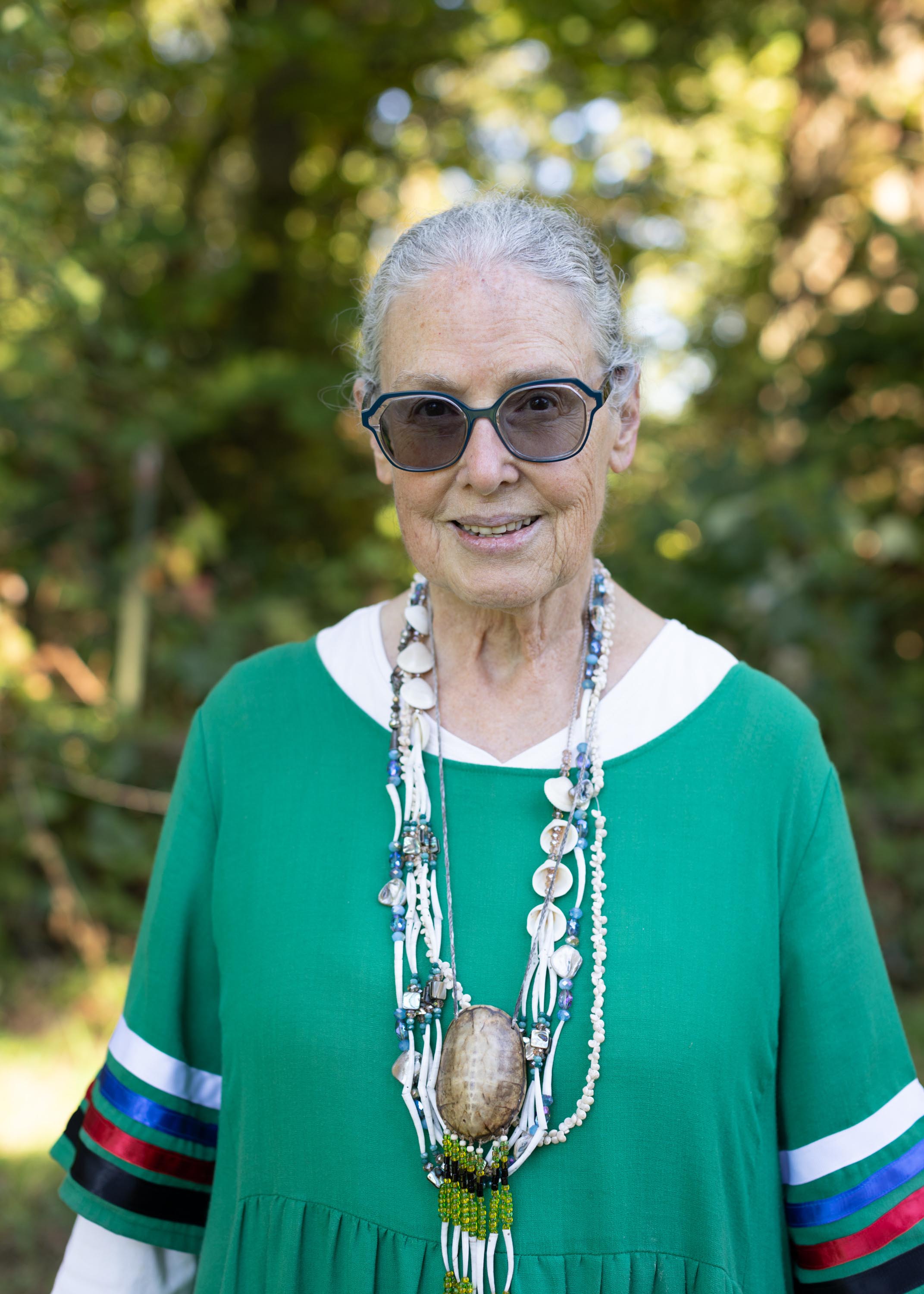 Rose will discuss her heritage as a Deg Hit'an Dine/Inupiaq and how it has influenced her to develop collaborative partnerships with environmental organizations, agencies and institutions in the mid-Willamette Valley. Because rapidly emerging climate issues have impacted sacred landscapes in Oregon, she is compelled to share indigenous conservation principles and practices with others in order to help restore biodiversity and ecosystem health with the greater community. This especially includes strengthening the health and wellness resilience of younger Native Americans and other students of color who are increasingly turning to the natural world for healing.
Rose will discuss her heritage as a Deg Hit'an Dine/Inupiaq and how it has influenced her to develop collaborative partnerships with environmental organizations, agencies and institutions in the mid-Willamette Valley. Because rapidly emerging climate issues have impacted sacred landscapes in Oregon, she is compelled to share indigenous conservation principles and practices with others in order to help restore biodiversity and ecosystem health with the greater community. This especially includes strengthening the health and wellness resilience of younger Native Americans and other students of color who are increasingly turning to the natural world for healing. Rose High Bear (Deg Hit’an Dine, Inupiaq) is Founding Director of Elderberry Wisdom Farm, the Native American nonprofit located in rural Marion County, Oregon. Born and raised in a remote subarctic Athabascan village of McGrath on Alaska’s Kuskoquim River, her grandmother’s lineage is from the Yukon River in the 14,500-year-old traditional village of Anvik. She moved as a young child to rural Coos County, Oregon where she went through public schools in Coquille, and then graduated from Oregon State University, Corvallis, Oregon (B.S.). At Elderberry Wisdom Farm, Rose created the Traditional Ecological Knowledge Workforce Development Project, a 5-year career pathway planning initiative in partnership with Chemeketa Community College. She also developed the Native American Biodiversity Accelerator in 2022, the agricultural micro-enterprise business development initiative for Native American adults and other students of color. Most recently she developed the Native American Climate Adaptation Partnership. Her organization provides experiential service learning training for Native American and other students of color pursuing environmental conservation, agricultural and horticultural career pathways, including microenterprise development. Rose formed Blue Elderberry Farm LLC in 2019 and is currently growing a crop of Sambucus nigra ssp. Cerulea, the elderberry plant species native to Oregon. This business serves as a model to other Native people interested in forming their own value-added food and medicine products. Plans include producing locally-sourced organic elderberry syrup and a line of skin care medicine using blue elderflower and other native plant medicine that treats eczema, psoriasis, and other disorders. |
Thursday, February 29
| 10:00 am-11:00 am | "Music as a Mirror of History, Video Lecture: #23: Gorecki: Symphony No. 3 (1976)," Professor Robert Greenberg, San Francisco Performances [Solveig Holmquist], Kaneko Auditorium 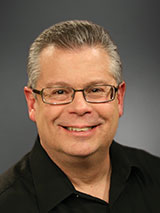 On April 4,1977, Henryk Gorecki's Third Symphony received its premiere at the Royal Festival of Contemporary Art in France. Founded in 1964, Royan was the place to go for those who wanted to hear the cutting edge of musical modernism. Imagine, then, the audience's reaction when it heard a slowly unfolding, sublimely metaphysical, entirely tonal three-movement, 46-minute-long work for orchestra and soprano.
On April 4,1977, Henryk Gorecki's Third Symphony received its premiere at the Royal Festival of Contemporary Art in France. Founded in 1964, Royan was the place to go for those who wanted to hear the cutting edge of musical modernism. Imagine, then, the audience's reaction when it heard a slowly unfolding, sublimely metaphysical, entirely tonal three-movement, 46-minute-long work for orchestra and soprano. A firestorm of controversy was unleashed, but all the Polish critics in the audience declared the symphony to be a masterwork. These critics understood that the piece was a mirror of the Polish experience of the mid-20th century, framed using poetry, historical, allusions, and musical materials going all the way back to the 16th century. Dr. Robert Greenberg is Music Historian-in-Residence with San Francisco Performances and the composer of more than 45 works for a variety of instrumental and vocal ensembles. A former instructor with the San Francisco Conservatory of Music, he is an authority on a range of composers and classical music genres and is a Steinway Artist. His masterful compositions have won three Nicola de Lorenzo Composition Prizes and a Koussevitzky commission from the Library of Congress. |
| 11:00 am-12:00 pm | "The Whole Thing: Symphony #3, Henryck Gorecki ," Solveig Holmquist [ICL member], Kaneko Auditorium 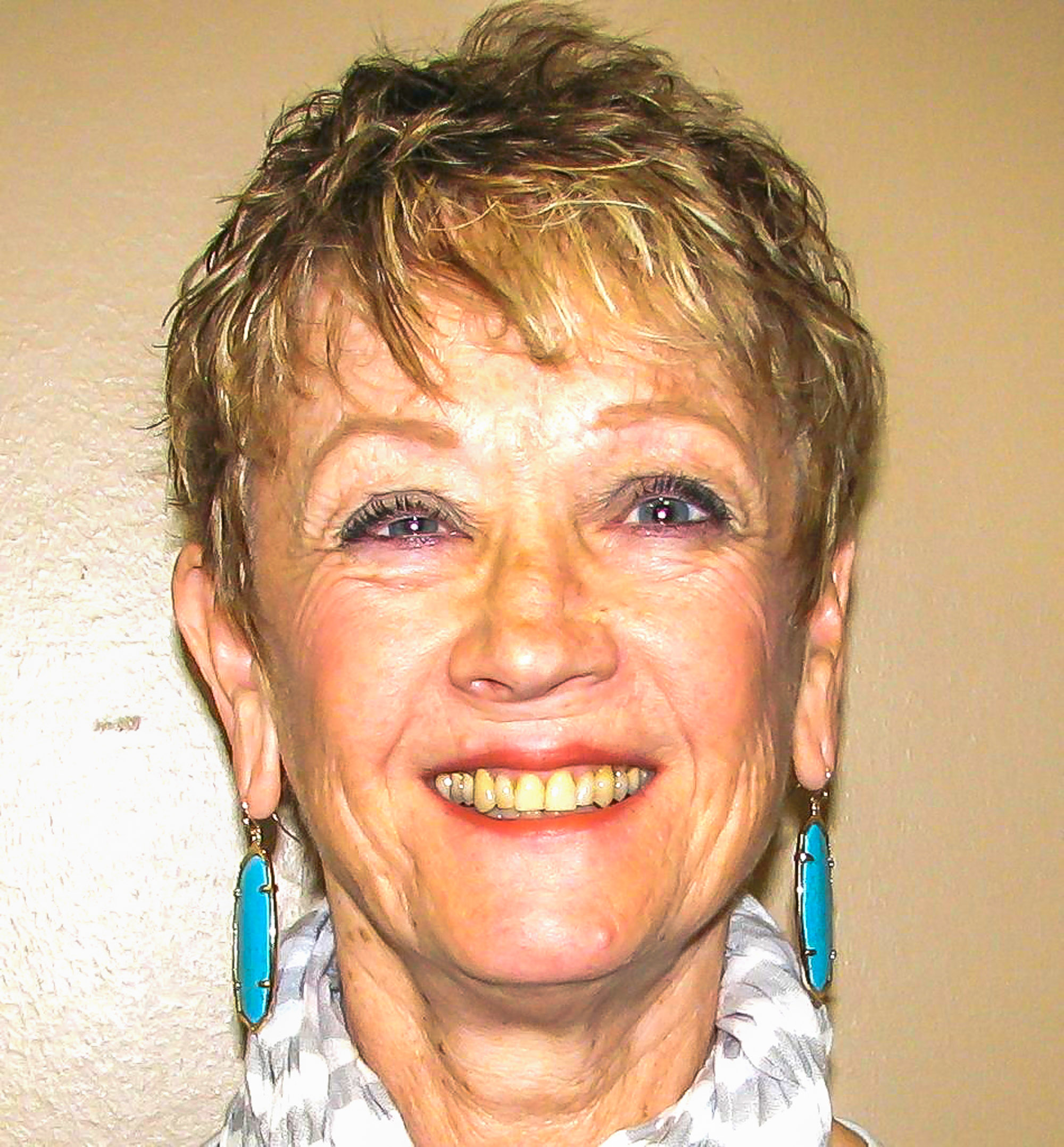 We have gained invaluable perspective in this series of lectures from Dr. Greenberg, a departure from his numerous other series which focused on strictly musical topics and genres such as opera concerti,sonata, etc. In his introduction to this particular series, he wrote: At the most general level, a composer's environment shapes his musical style, meaning the generalized musical vocabulary and expressive parameters of his work. But sometimes, specific historical events shape the creation and content of a piece of music, and that's what this survey is about: music written in direct response to contemporary historical events.
We have gained invaluable perspective in this series of lectures from Dr. Greenberg, a departure from his numerous other series which focused on strictly musical topics and genres such as opera concerti,sonata, etc. In his introduction to this particular series, he wrote: At the most general level, a composer's environment shapes his musical style, meaning the generalized musical vocabulary and expressive parameters of his work. But sometimes, specific historical events shape the creation and content of a piece of music, and that's what this survey is about: music written in direct response to contemporary historical events. This series has been a rich and fascinating exploration, and many of you have expressed appreciation for it. (I speak in the past tense because this is the next-to-last lecture in the series.) But with this concept there is an inevitable downside: the music under study often has had to take a back seat to the history lesson as we are shown its context. What we've heard have been short excerpts. But this symphony is so agonizing in its foretaste of what is currently happening in our world that I simply could not fail to have us experience it in its entirety. Solveig Holmquist joined ICL in 2012 |


